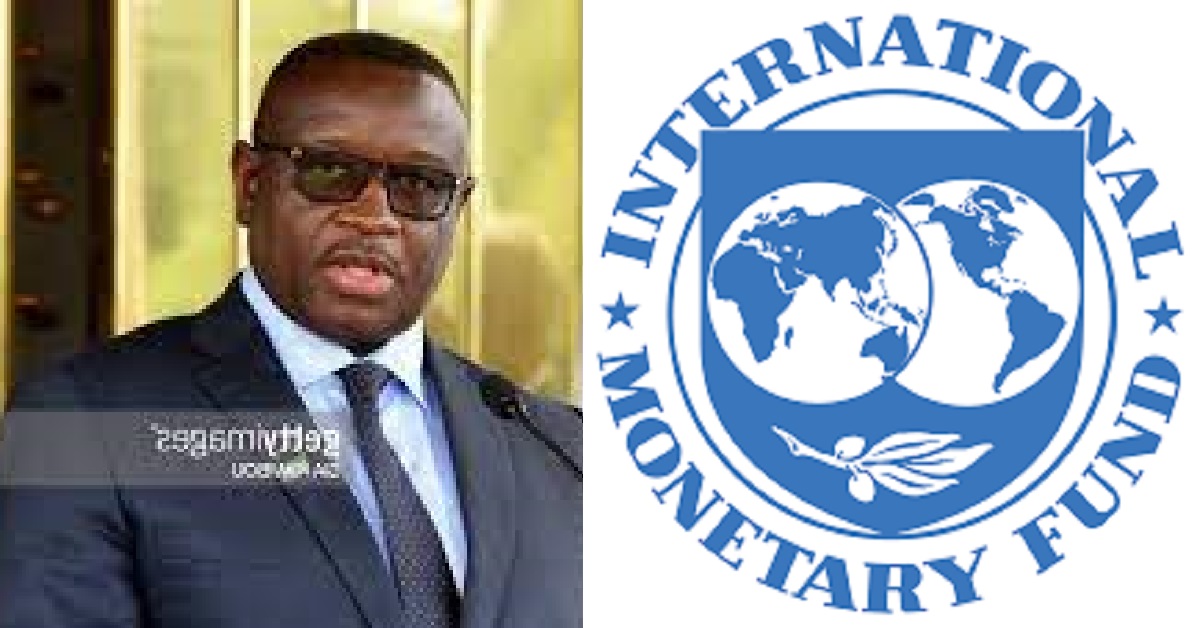An International Monetary Fund (IMF) staff mission, led by Mr. Christian Saborowski, recently concluded their visit to Freetown, Sierra Leone, during which they reached a staff-level agreement with Sierra Leonean authorities on economic policies.
This agreement marks the conclusion of the eighth and final review of the 60-month Extended Credit Facility (ECF) financed program, which was initially approved on November 30, 2018. Subject to approval by the IMF Management and the Executive Board in the coming weeks, this development will release approximately US$20.4 million in financing, bringing the total IMF financial support under the arrangement to about US$163.5 million.
In recent years, Sierra Leone faced external shocks and policy slippages, contributing to macroeconomic imbalances, including high inflation, a significant buildup in debt, and low international reserves. These challenges have led to a cost-of-living crisis, affecting the nation’s citizens. While the Sierra Leonean authorities have taken measures to tighten their macroeconomic policy stance, further efforts are required to address these issues comprehensively.
The ECF program has laid the groundwork for an economic recovery in Sierra Leone by focusing on restoring macroeconomic stability, addressing debt vulnerabilities, and protecting the most vulnerable members of the population. It has also supported crucial reforms in areas such as tax administration, public financial management, and financial sector oversight.
Mr. Christian Saborowski, leading the IMF mission, highlighted the challenges faced by Sierra Leone, including high inflation, fiscal policy difficulties, and accommodating monetary conditions. The authorities are committed to reducing the fiscal deficit and achieving debt sustainability. The central bank has taken corrective measures to tighten monetary conditions, and the exchange rate has remained stable due to a tighter macroeconomic policy stance.
Macroeconomic conditions are expected to stabilize over the medium term, with a focus on fiscal consolidation, lower inflation, and growth in the mining and agriculture sectors. The Sierra Leonean authorities continue to advance important reforms, albeit with some delays, and receive technical assistance from the IMF, the World Bank, and other development partners.
The IMF staff expressed their gratitude to the Sierra Leonean authorities for their cooperation and open discussions during the mission, which aimed to ensure the success of the economic program supported by the IMF. Meetings were held with key government officials, civil society representatives, the private sector, and development partners.











